לכך נוצרת: על יהודים ובעלי חיים
מירה בלברג
סקירת ספרות אודות שני ספרי מחקר שהתפרסמו לאחרונה בהוצאת אוניברסיטת פנסילבניה. דרך חשיפת התפקיד שממלאות שאלות חייתיות בטקסטים יהודיים קדם-מודרניים, שני הספרים מאירים את הקשר ההדדי בין לימודי יהדות ללימודי בעלי חיים, שבשנים האחרונות מפרה את שני תחומי הידע והמחקר האלה. הספר הראשון שבלברג סוקרת מוקדש למסכת ״עבודה זרה״ של התלמוד הבבלי, והאחר מוקדש לחיבוריהם של חסידי אשכנז במאות ה-12 וה-13. לטענת בלברג, למרות מרחק הזמן והבדלי הסגנון ומושאי החקירה בין שני הספרים, בהציעם חשיבה יצירתית, נועזת ומעל לכול ממשית ולא מטפורית על בעלי חיים לא-אנושיים, הם מדגימים כיצד דווקא דרך סדרי יום אידיאולוגיים ותיאולוגיים נוקשים לכאורה צומחים רעיונות רדיקליים על ״החייתי״ כקטגוריה אפיסטמולוגית ואונטולוגית וכפועל יוצא גם כקטגוריה דתית ומוסרית.


